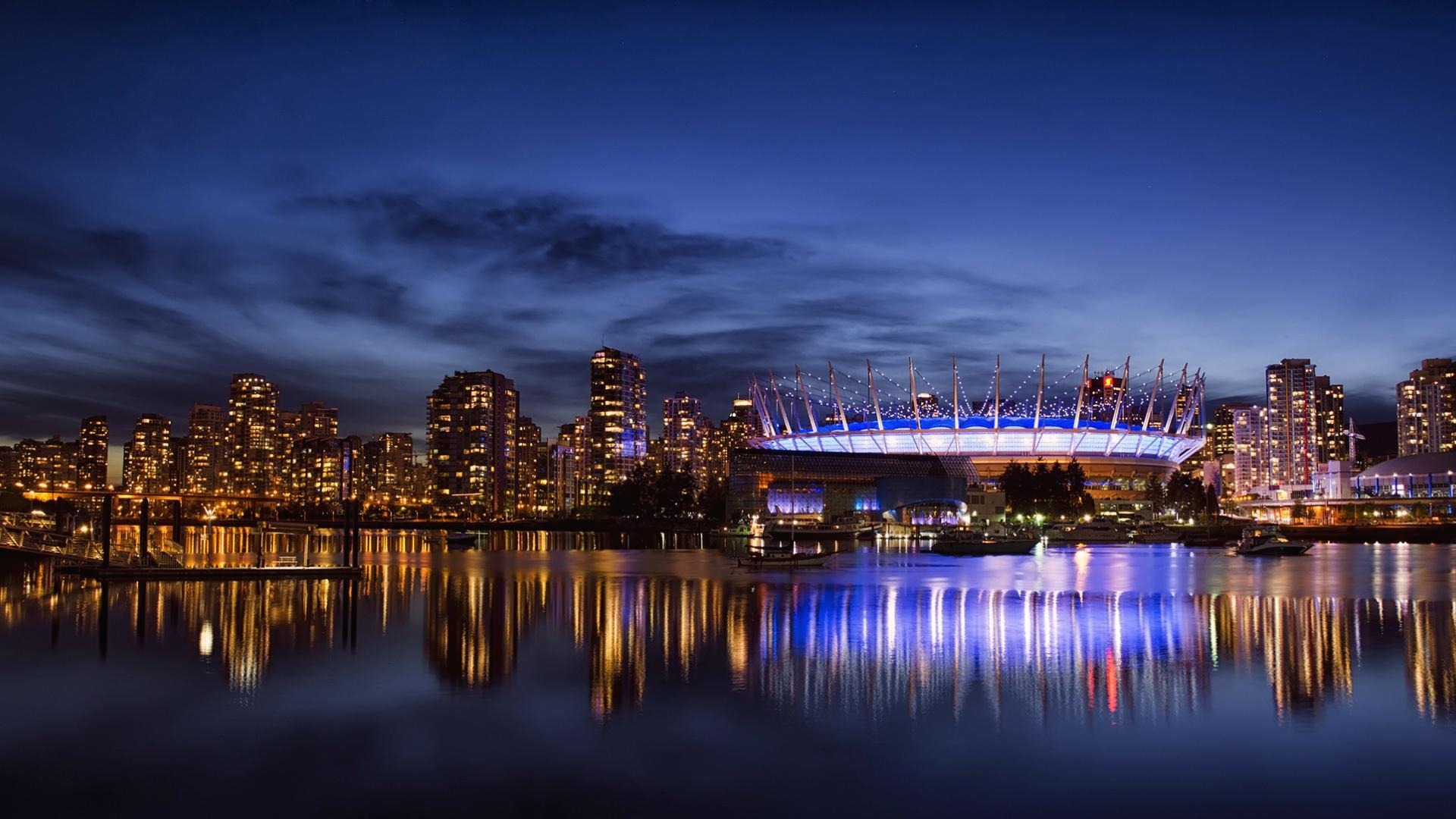BMW explains why it will sell hydrogen fuel cells in 2028
Today, BMW announced that it will start selling vehicles with hydrogen fuel cell powertrains in 2028 alongside the battery electric, gasoline-, and diesel-powered cars and SUVs it sells today. It is working with Toyota to develop new fuel cells, targeting half the cost and 20 percent better efficiency than current-generation fuel cell stacks. But the technology should be seen as complementary to battery electric vehicles, not a replacement for them, BMW said.
Earlier this morning, the automaker held a roundtable discussion with Michael Rath, BMW's vice president for hydrogen vehicles, who began by answering the main question I had been planning to ask well before any of the assembled journalists were called on.
"It's a fact: battery electric vehicles are more efficient in well-to-wheel than fuel cell electric vehicles. It's absolutely true that the conversion of electricity into hydrogen and back into electricity in the car generates losses and hence is less efficient than using the electricity directly," Rath said.
BMW's position is that some regions have such high potential energy yields from solar or wind that it compensates for these conversion losses. That energy can be exported to renewable-poor regions—like Germany or Japan, for example—in the form of hydrogen. Along those lines, even in renewable-rich regions, hydrogen could be generated as a form of load balancing during times when it's sunny or especially windy, and there's a surplus.
"So if the electricity for the vehicle first has to be imported, as it is the case in many countries, then a solar panel in southern Spain or Australia will generate more energy in the same time and provide a similar driving range for an SUV, despite the energy intensive conversion processes involved," Rath said
But the key advantage of hydrogen over battery electric is its fast refueling times. For a long time, drivers have been conditioned to expect to be able to refuel in five minutes or less, and the longer recharging times for BEVs continue to be a stumbling block for the EV-incurious and those who don't like change. Rath called out towing as particularly benefitting here—no one complains about how poor an ICE truck's fuel efficiency gets when towing, because of the plentiful refueling infrastructure and the rapid refueling times.
Just where are you going to fill that thing?
Of course, like BEVs and chargers, infrastructure will be key to any FCEV success. After all, there's no point in selling someone a hydrogen-powered car if there's nowhere for them to fill up with hydrogen. Europe "will require the deployment of a hydrogen refurbing station every 200 kilometers along the trans-European transport network, corresponding to more than 400 stations by 2030," Rath said, pointing to similar programs in Japan, South Korea, and China.
With series production of any FCEV still four years away, it's too soon for BMW to get specific about which models will get a hydrogen version, or where. "First, we have a really close look on how the region develops toward hydrogen infrastructure. And also, what is the market demand? What its customers need in each region," Rath said. But we can expect hydrogen versions of existing models rather than anything entirely new just for the FCEV powertrain.
Here in the US, the Department of Energy has billions of dollars in funding for green hydrogen, including a series of regional green hydrogen production hubs. But at the same time, California, the one state in the country that had any kind of existing retail hydrogen infrastructure, is seeing most of those retail stations close.
Consequently, it seems unlikely that BMW will bring these future FCEVs to North America, at least not as part of the initial 2028 rollout, absent a reversal of that trend.
BMW explains why it will sell hydrogen fuel cells in 2028 | Ars Technica
BMW explains why it will sell hydrogen fuel cells in 2028
BMW sees hydrogen as complementary to battery EVs on a region-by-region basis.
arstechnica.com
'Fuel Cell' 카테고리의 다른 글
| ‘수소 드림’ 꾸는 HD한국조선해양, 연료전지 몸집 키운다 (3) | 2024.09.09 |
|---|---|
| 차세대 고체산화물 연료전지 시장 커진다, SK·두산·HD현대 수주 각축전 (0) | 2024.09.09 |
| ボルボの新型電動トラック、航続600kmを可能に…2025年発売へ (0) | 2024.09.06 |
| トヨタとBMWが水素社会実現に向けた協力関係を強化。燃料電池システムの開発やインフラ整備などを共同で取り組みへ (0) | 2024.09.06 |
| Hypermotive and Honda collaborate on hydrogen solution for maritime sector (0) | 2024.09.05 |



